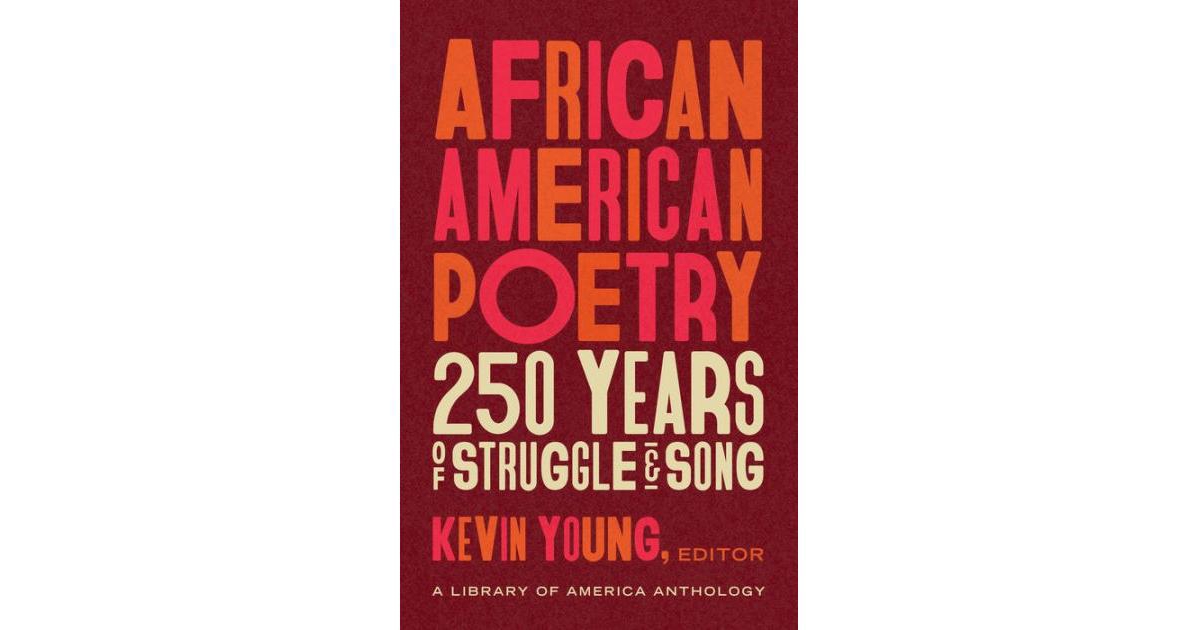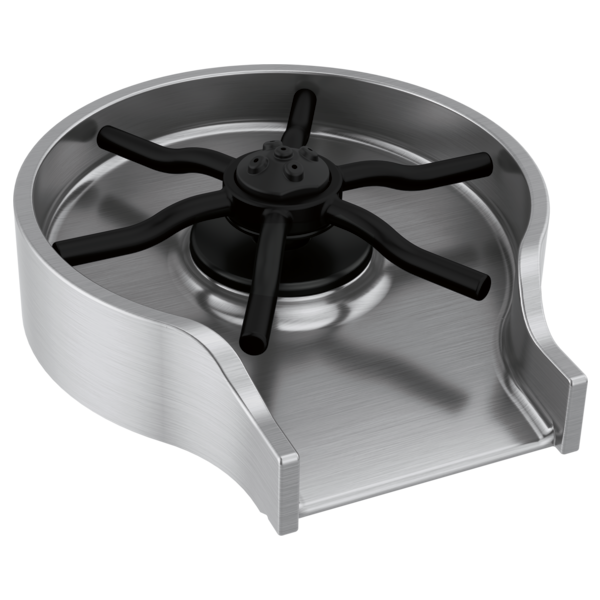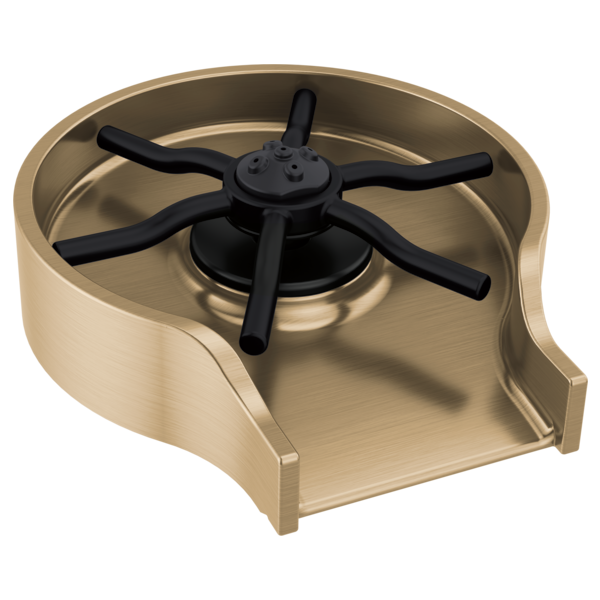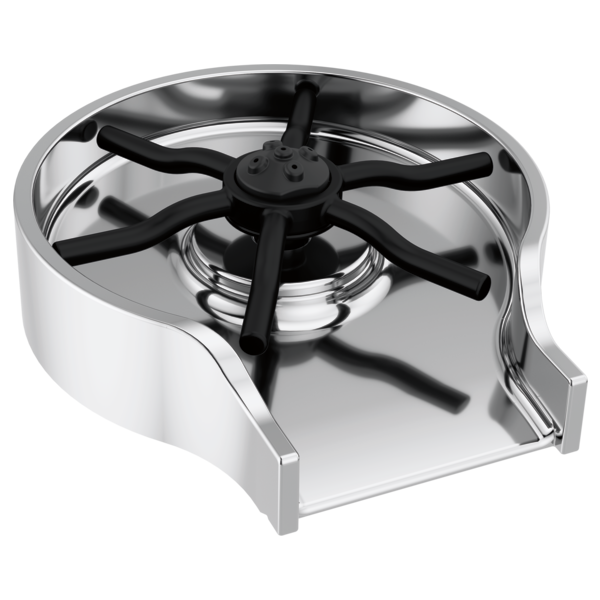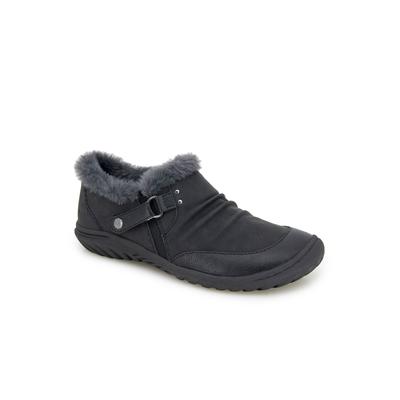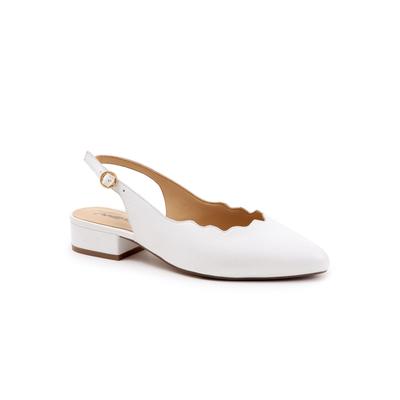A literary landmark- the biggest, most ambitious anthology of Black poetry ever published, gathering 250 poets from the colonial period to the presentAcross a turbulent history, from such vital centers as Harlem, Chicago, Washington, D. C. , Los Angeles, and the Bay Area, Black poets created a rich and multifaceted tradition that has been both a reckoning with American realities and an imaginative response to them. Capturing the power and beauty of this diverse tradition in a single indispensable volume, African American Poetry reveals as never before its centrality and its challenge to American poetry and culture. One of the great American art forms, African American poetry encompasses many kinds of verse- formal, experimental, vernacular, lyric, and protest. The anthology opens with moving testaments to the power of poetry as a means of self-assertion, as enslaved people like Phillis Wheatley and George Moses Horton and activist Frances Ellen Watkins Harper voice their passionate resistance to slavery. Young's fresh, revelatory presentation of the Harlem Renaissance reexamines the achievements of Langston Hughes and Countee Cullen alongside works by lesser-known poets such as Gwendolyn B. Bennett and Mae V. Cowdery. The later flowering of the still influential Black Arts Movement is represented here with breadth and originality, including many long out-of-print or hard-to-find poems.

